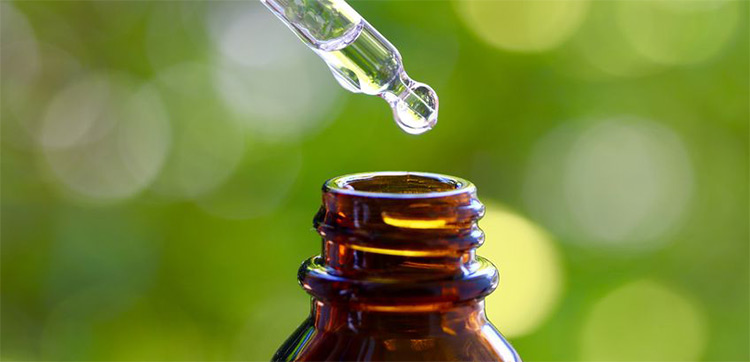Conserving Essential Oils: 10 Tips for Using Less Essential Oil

For the wellness benefits that essential oils offer when used sensibly, they are priceless to me. However, the bottom line is that essential oils can be expensive, and it's wise to be sensible when using them.
Doing our part to use essential oils in moderation can be helpful to our budget, and sensible usage can also make a collective difference in supporting the conservation of essential oil bearing plants.
Just because an essential oil is readily available today doesn't mean that it will always be easy or affordable to purchase. It takes a significant amount of plant material to produce essential oils, and essential oil yields tend to be very low.
10 Tips for Using Less Essential Oil Effectively
- Many essential oil safety tips and guidelines support using essential oils in moderation. Consider implementing essential oil safety guidelines into your aromatherapy regimen as they can also go a long way towards helping to conserve essential oils and save money.
- Less is More. Don't use more essential oil than necessary to accomplish your goal. If only a drop is needed to achieve your goal, don't use more than that.
- When first starting to work with essential oil recipes, your essential oil blends and formulations may smell weak at first. Try to resist the temptation of adding more essential oil to the recipe simply to make it smell more potent. This can be wasteful and may even be risky. Explore the link above to learn how you can overcome this easily.
- Essential oils must be adequately diluted before applying topically. This falls under the umbrella of essential oil safety, but it also is an important tip for conserving essential oils. Some companies and sellers are strong advocates for using essential oils at full strength on the skin. I do not recommend this practice. This practice unsafely encourages customers to use more essential oil which leads to more frequent purchases by their customers. This practice can be unsafe and can lead to wasting essential oil.
- Confirm that your method of essential oil use is optimal for the benefit that you're trying to achieve. Otherwise, you may be wasting essential oil. For example, if you want to use an essential oil for an emotional concern, you may reap more benefit by using a personal inhaler than by applying the essential oil or blend (safely diluted, of course) to the bottoms of your feet.
- Don't diffuse continuously. Diffusing intermittently is safer and helps conserve essential oil. For more information, see Essential Oil Diffuser Safety Tips.
- Except in special circumstances, diffusing essential oils should be done for a specific reason, not just to make the room smell "nice."
- Consider using personal inhalers. An essential oil personal inhaler can last for several months, and it requires only about 10-15 drops of essential oil. I love essential oil inhalers because they are so portable, allowing you to inhale your preferred essential oil or blend anytime desired.
- Consider adding a single drop of an essential oil or a blend to a fragrance test strip and use the test strip as a passive diffuser. Fragrance test strips are affordable and make it easy to aromatically assess and enjoy a single drop of essential oil. I use a small wire place card / photo holder to hold the fragrance test strip in place. Fragrance test strips are available from several of AromaWeb's valued advertisers. The holders are available affordably on Amazon. Whenever I want to inhale the aroma, I simply raise the test strip to my nose by holding the base of the holder. AromaWeb's Guide to Evaluating the Aroma of an Essential Oil provides more details about fragrance test strips.
- Sniffing an essential oil repeatedly out of the bottle isn't an effective way to conserve essential oil. We certainly all do this when we receive a new essential oil and at varying times after. However, the more we do this, the more oxygen we can expose the oil to. Oxygen can cause an essential oil to oxidize and shorten its shelf life and therapeutic benefit. It can also make some essential oils more sensitizing to the skin. Instead, it's best to use a fragrance test strip or personal inhaler.
Recommended Reading
- Essential Oil Safety
- Guide to Essential Oils and Sustainability
- Not All Botanicals Produce Essential Oil (Or Much Essential Oil)
- Essential Oil Costs and Pricing
- What to Look for and What to Watch Our for When Buying Essential Oils
- How to Save Money on Essential Oils
- Verifying Essential Oil Quality and Purity
- Organic Essential Oils
